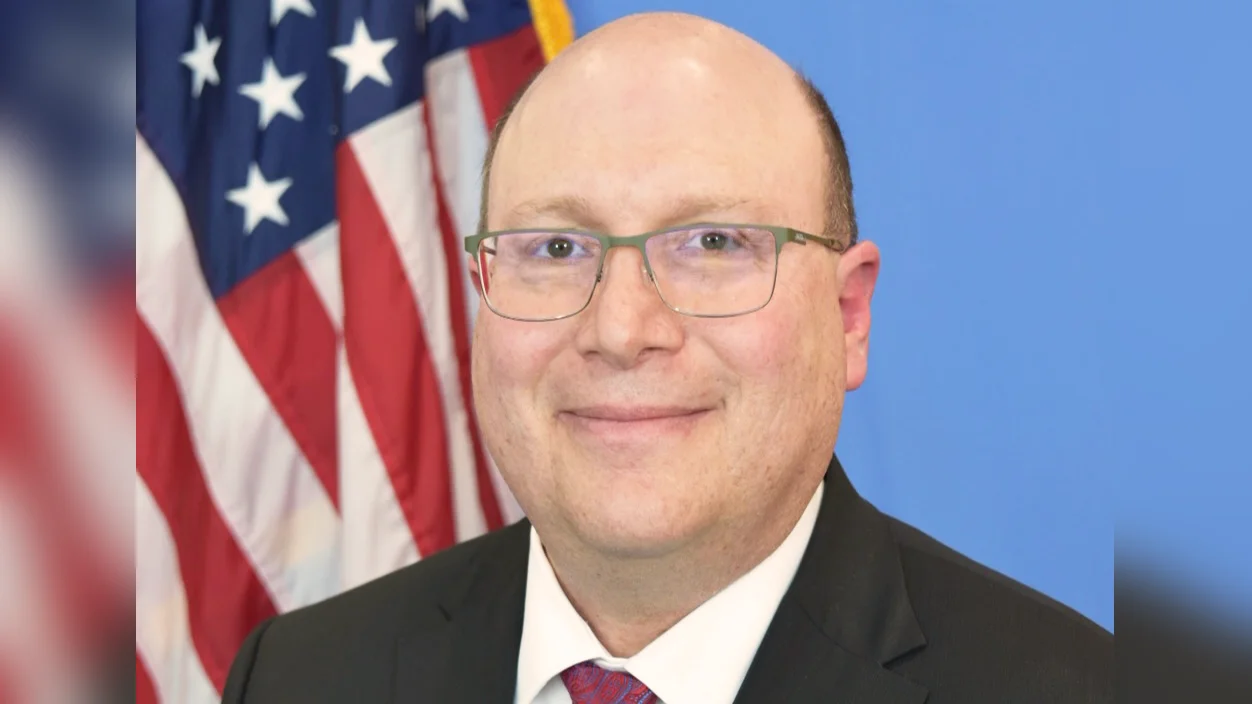The United States has addressed the International Atomic Energy Agency (IAEA) Board of Governors regarding Syria’s compliance with its Nuclear Non-Proliferation Treaty (NPT) safeguards agreement. The statement, delivered by Chargé d’Affaires ad interim Howard Solomon, acknowledged the latest report from the IAEA Director General on Syria and expressed appreciation for the Secretariat’s ongoing work related to unresolved nuclear issues in the country.
According to Solomon, “The United States thanks the Director General for its report on the Implementation of the NPT Safeguards Agreement in the Syrian Arab Republic. We thank the Secretariat for its continued efforts to address the long outstanding safeguards concerns associated with the Assad regime’s construction of an undeclared nuclear reactor at Dair Al Zour, with assistance from the DPRK.”
The IAEA recently found a significant number of natural uranium particles of anthropogenic origin at a third site linked to Syria’s Dair Al Zour reactor. Environmental samples were taken in October 2024. Some detected particles suggest uranium ore concentrate was converted into uranium oxide at this location. The Syrian government has not been able to explain these findings but is cooperating with IAEA efforts.
Solomon noted, “The DG’s most recent report contains several important developments. The IAEA has detected a significant number of natural uranium particles of anthropogenic origin at the third location, functionally related to the reactor at Dair Al Zour, where the Agency took environmental samples in October 2024. Some of the particles detected are consistent with the conversion of uranium ore concentrate to uranium oxide. We note that the Syrian Government cannot explain the presence of such particles, but it is cooperating with the IAEA to help resolve this issue.”
It has been fourteen years since Syria was found in noncompliance by the Board of Governors and urged to address these issues promptly. The departure of Bashar al-Assad from Syria in late 2024 may provide new opportunities for cooperation and resolution.
Solomon stated, “It has been fourteen years since the Board of Governors found Syria in noncompliance with its safeguards agreement and called upon Syria to urgently remedy this noncompliance. Bashar al-Assad’s departure from Syria in late 2024 has provided the country an opportunity to turn the page. We support Syria’s efforts to fully cooperate with the IAEA, so the Agency can answer key, outstanding questions regarding Dair Al Zour and other related locations. We are hopeful that the IAEA’s questions can be credibly answered and that Syria can make concrete progress towards resolving its noncompliance with its safeguards agreement, as the Board has been calling for since 2011. In order for the item to be removed from the Board’s agenda, all of the Agency’s questions about undeclared nuclear activities of Assad Regime must be credibly answered.”
He added that U.S. support would continue: “The United States will continue to support Agency engagement with Syria, and we are hopeful its efforts will yield real results. We look forward to further reports on analysis of additional environmental samples taken from third location and from results planned upcoming visit Dair Al Zour site.”
Finally, Solomon emphasized that resolving these compliance issues would benefit both international oversight systems and regional stability: “Finally, resolving Syria’s safeguards noncompliance would be an enormous achievement for all who care about IAEA safeguards system, and for all who desire stable peaceful Syria. We again thank DG for this report ask that it be made public.”

